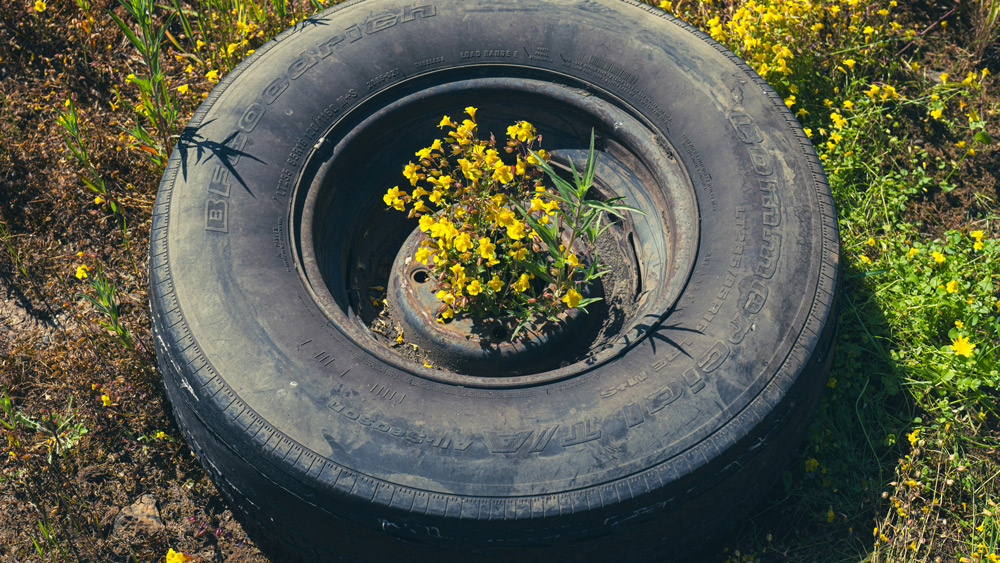Simple conservation policies can be applied in manufacturing. Photo by Dan Meyers on Unsplash
Manufacturing is critical to our way of life. Without it, we wouldn’t have the supplies, food, clothing, electronics, and other things we use every day. However, manufacturing also produces waste that often ends up in landfills or oceans.
|
ADVERTISEMENT |
Looking at natural ecosystems provides a different perspective on this conundrum. There’s little waste in nature. For example, certain bacteria and fungi decompose dead organic matter, reintroducing nutrients back into the soil for plants to use as they grow.
This inspires the question: What if one manufacturer’s trash could be another one’s treasure?
Companies could save on waste disposal and raw-material sourcing costs. Our planet would also benefit by keeping potentially valuable materials out of landfills.
For example, many companies don’t need pristine or drinkable water for their manufacturing processes. So, rather than used water being discarded, it could be used by another company for its own operations. This concept of resource sharing and waste exchange through mutually beneficial partnerships is called industrial symbiosis.
…

Add new comment